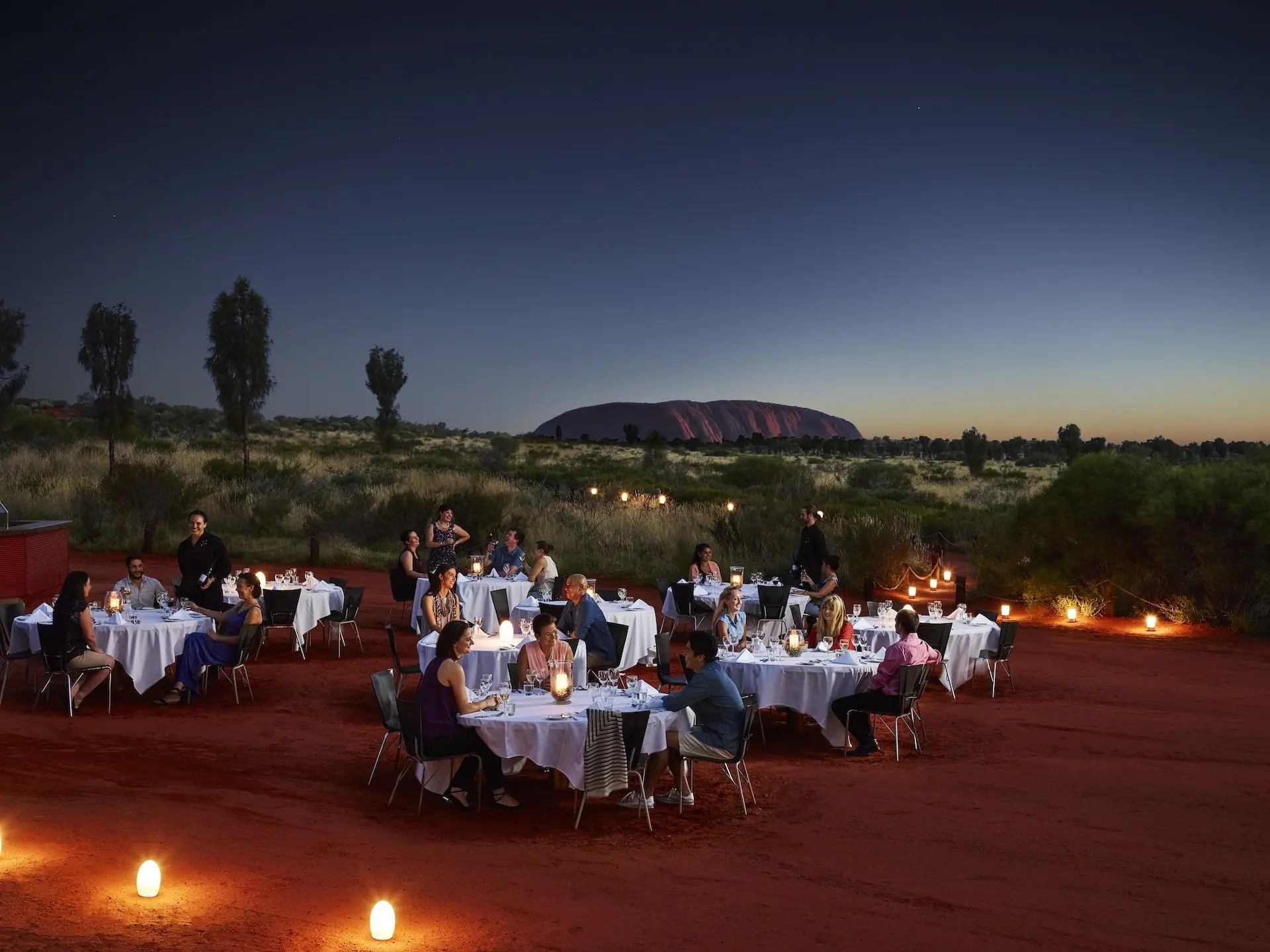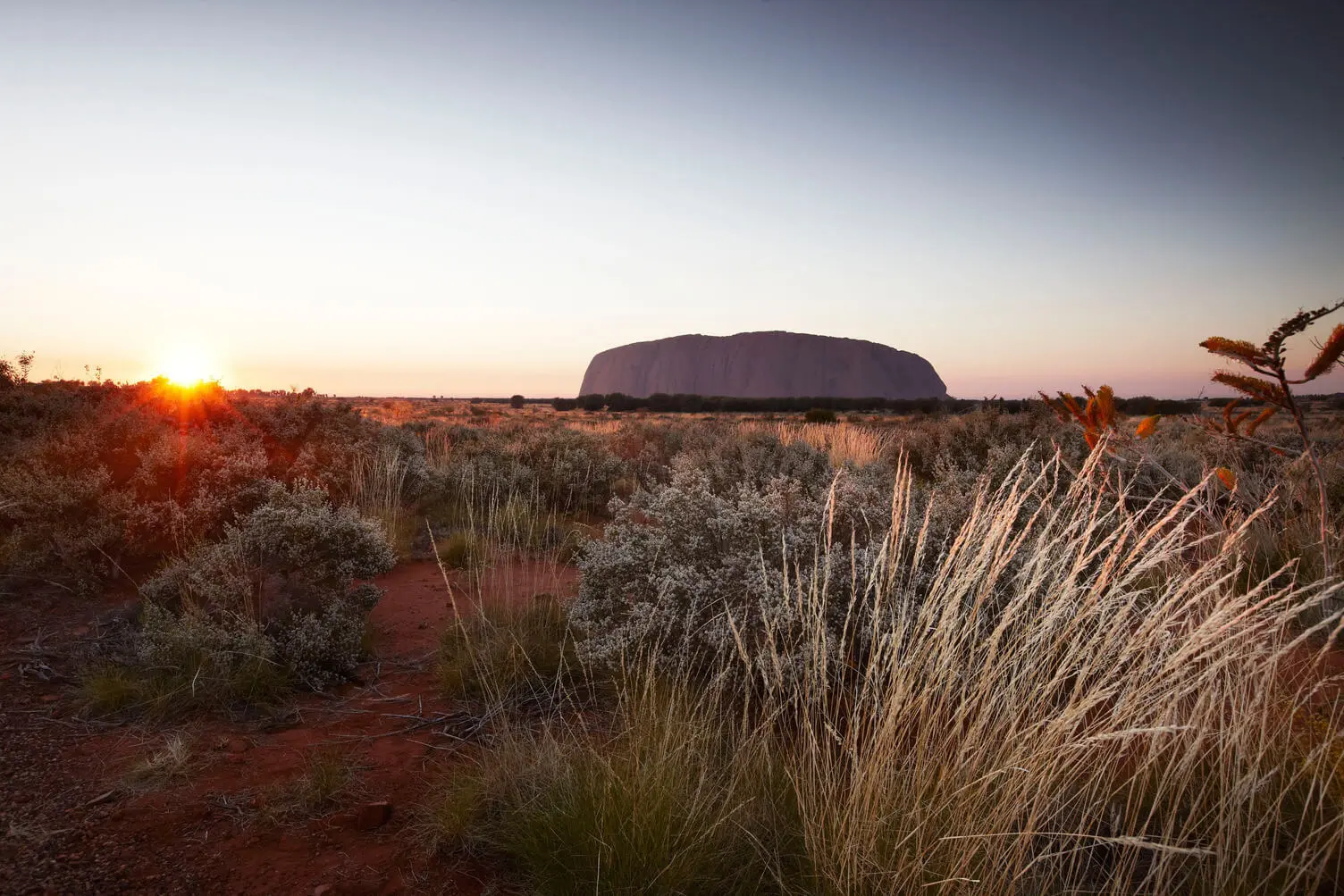Understanding National Sorry Day in Australia
Understand the significance of National Sorry Day in Australia - a day of remembrance and reflection honouring the Stolen Generation and promoting healing and reconciliation across the nation.

What is National Sorry Day?
National Sorry Day, observed on May 26 each year, is a significant day of remembrance in Australia. It honours the Stolen Generations – Aboriginal and Torres Strait Islander children who were forcibly removed from their families by government and church policies between the late 1800s and the 1970s. The day acknowledges the pain, trauma, and injustice experienced by many First Nations families and aims to foster healing and reconciliation. It’s a time for all Australians to reflect on this dark chapter and commit to positive change for the future.
Why is it called 'Sorry Day'?
The name 'Sorry Day' refers to the national apology sought by the Stolen Generations and their communities. For decades, Aboriginal and Torres Strait Islander peoples called on governments to acknowledge the harm caused by child removal policies. In 1997, the Bringing Them Home report documented the widespread impact of these practices. The long-awaited apology was delivered by Prime Minister Kevin Rudd on 13 February 2008, expressing deep sorrow for the pain and suffering. 'Sorry' became a powerful word of healing and accountability, and Sorry Day continues that process by recognising past wrongs.
The Stolen Generations Explained
The Stolen Generations were tens of thousands of Aboriginal and Torres Strait Islander children who were taken from their families under government assimilation policies. Often placed in institutions or white families, they were denied their culture, language, and identity. Many grew up believing their parents had abandoned them, while parents searched desperately for their children. These removals caused intergenerational trauma, loss of cultural knowledge, and disrupted community ties. Sorry Day raises awareness about these policies and the lasting damage caused, helping visitors understand the importance of truth-telling in Australia's journey toward reconciliation.
Key Moments Leading to Sorry Day
In 1995, a National Inquiry into the separation of Aboriginal children was launched, resulting in the Bringing Them Home report (1997). This report recommended a national apology and outlined the devastating consequences of child removals. In response, the first National Sorry Day was held on May 26, 1998, marking the anniversary of the report’s release. Over the years, Sorry Day events have grown, including ceremonies, walks for reconciliation, and storytelling. These moments highlight a growing national willingness to confront the past and educate future generations—making Sorry Day a crucial part of Australia’s identity.
How is Sorry Day Recognised Today?
Today, Sorry Day is commemorated across Australia with ceremonies, memorials, speeches, and educational events. Many communities hold local gatherings, where survivors share their stories and people pay their respects. Schools, councils, and tourism venues also engage in cultural activities and moments of reflection. The day often includes the lighting of candles, planting of native hibiscus flowers (a symbol of the Stolen Generations), and moments of silence. For tourists, it is a meaningful opportunity to witness and participate in Australia’s commitment to truth-telling and reconciliation with Aboriginal and Torres Strait Islander peoples.
Why Sorry Day Matters for Visitors
For national and international visitors, National Sorry Day offers a profound chance to connect with Australia’s true history and Indigenous heritage. Understanding the significance of the Stolen Generations deepens appreciation for the resilience and cultures of First Nations peoples. It also reveals the importance of reconciliation in shaping a fairer and more inclusive Australia. Tourists are encouraged to listen, learn, and respect the experiences of Aboriginal and Torres Strait Islander communities. Engaging with Sorry Day fosters cultural awareness and helps support healing journeys. It’s more than a date—it’s a step toward unity and justice.















